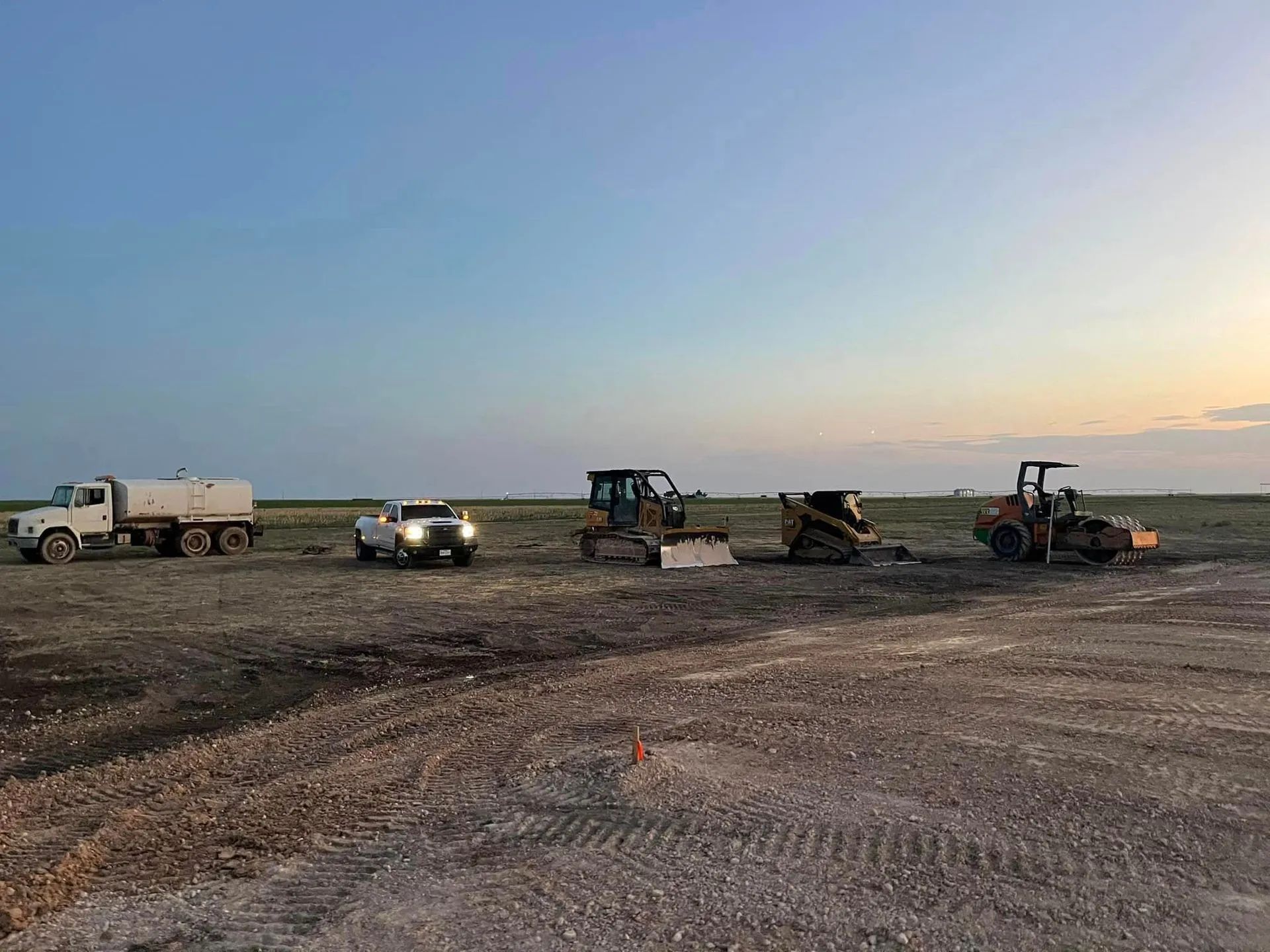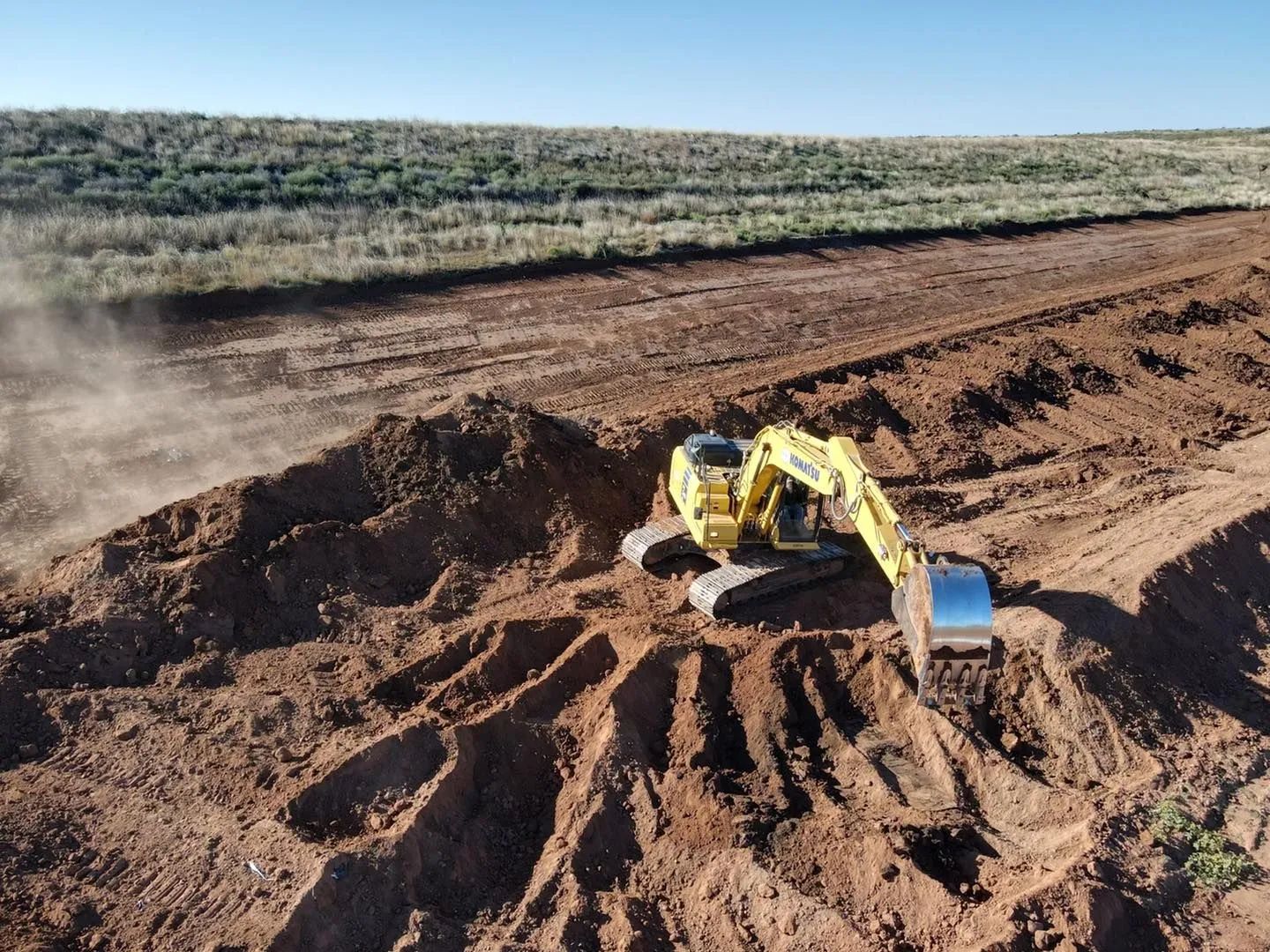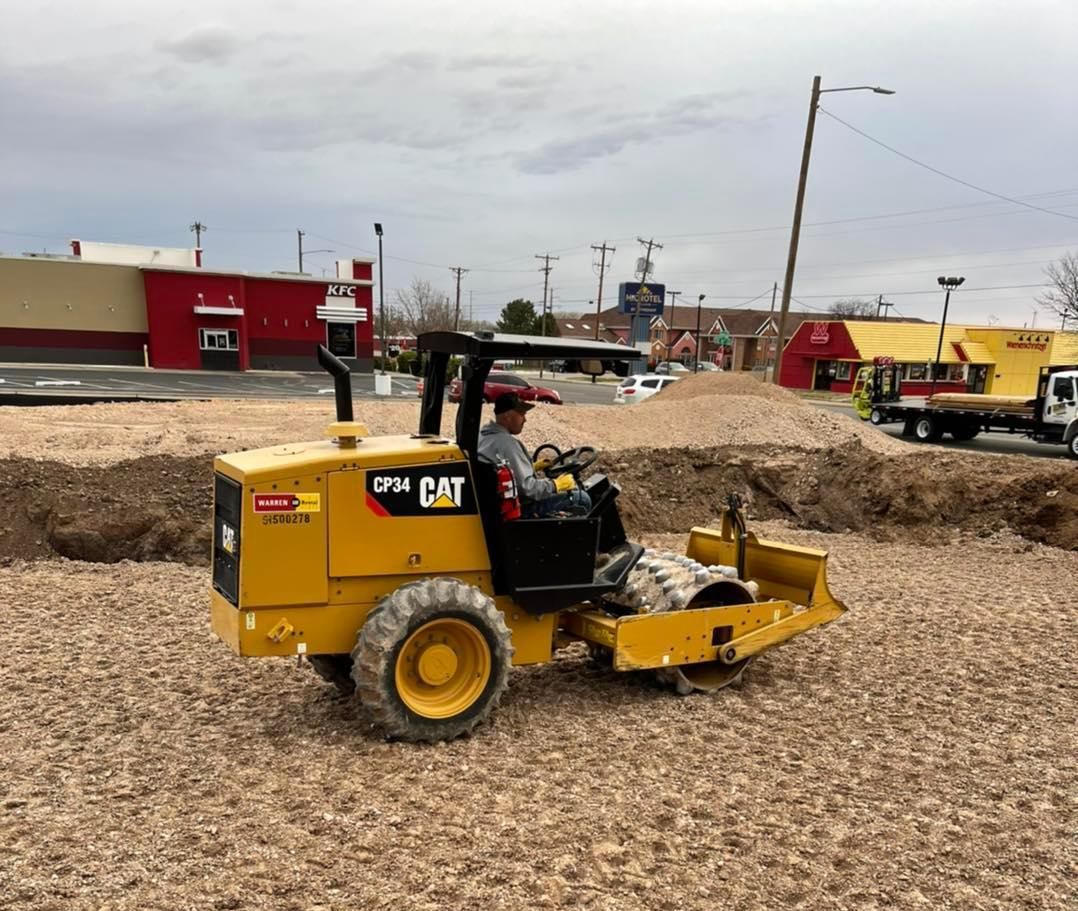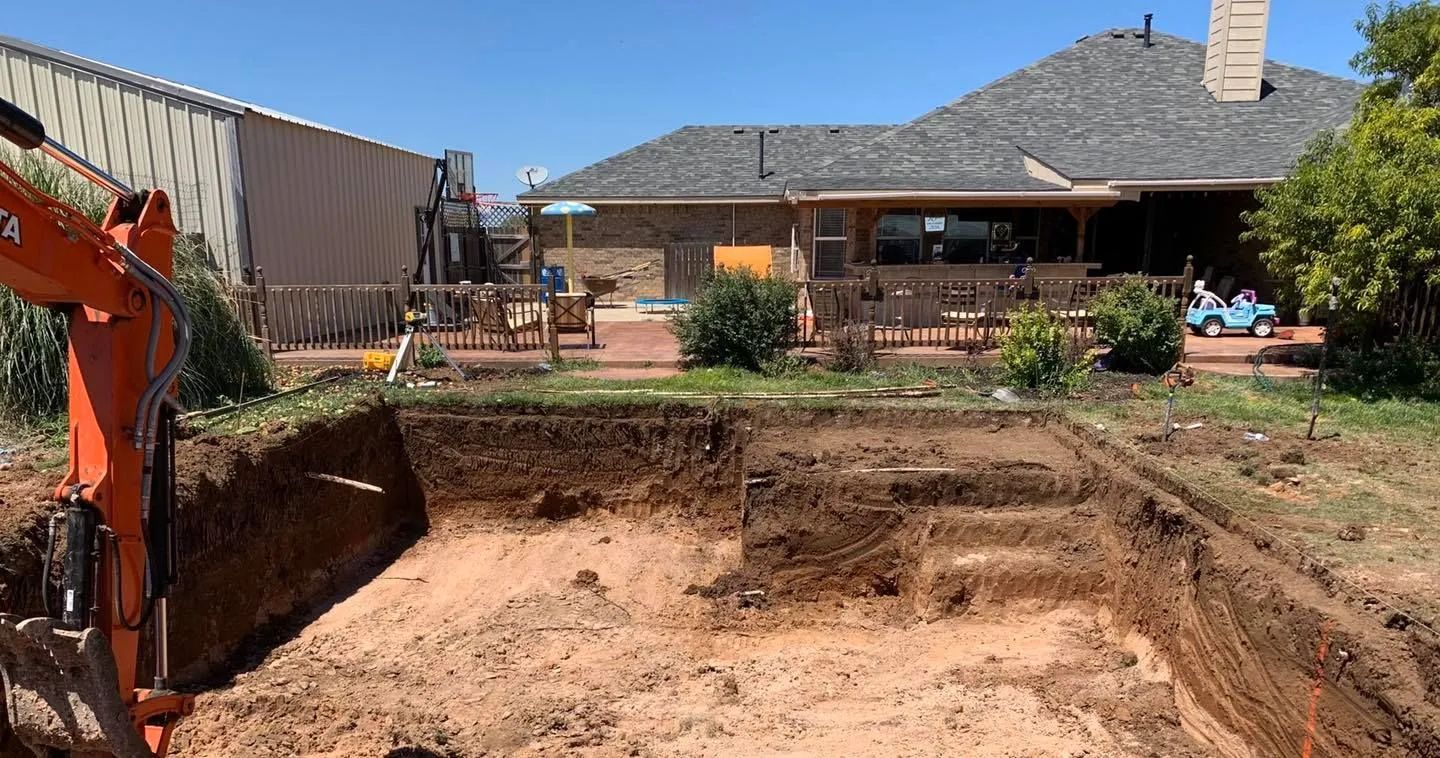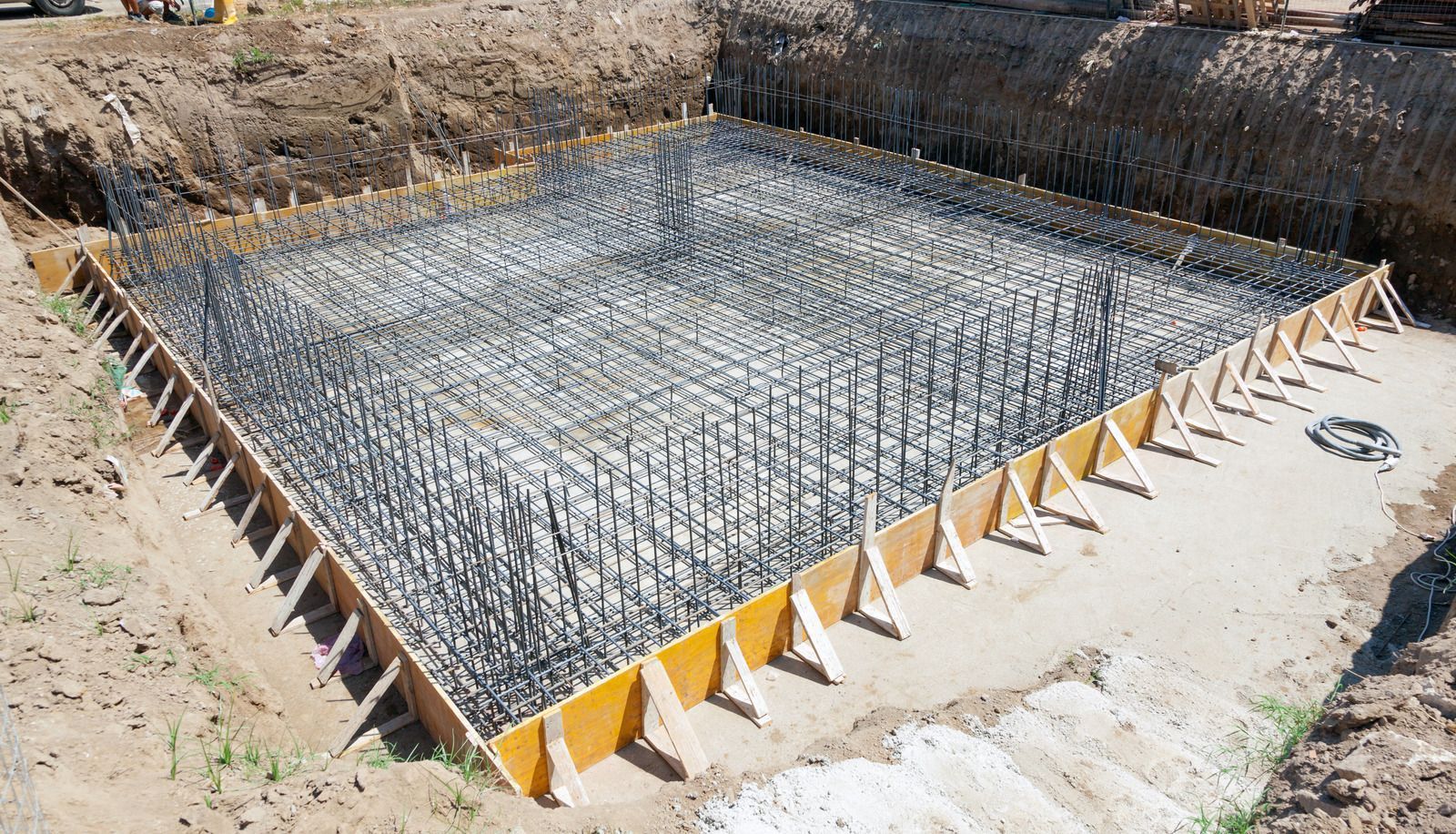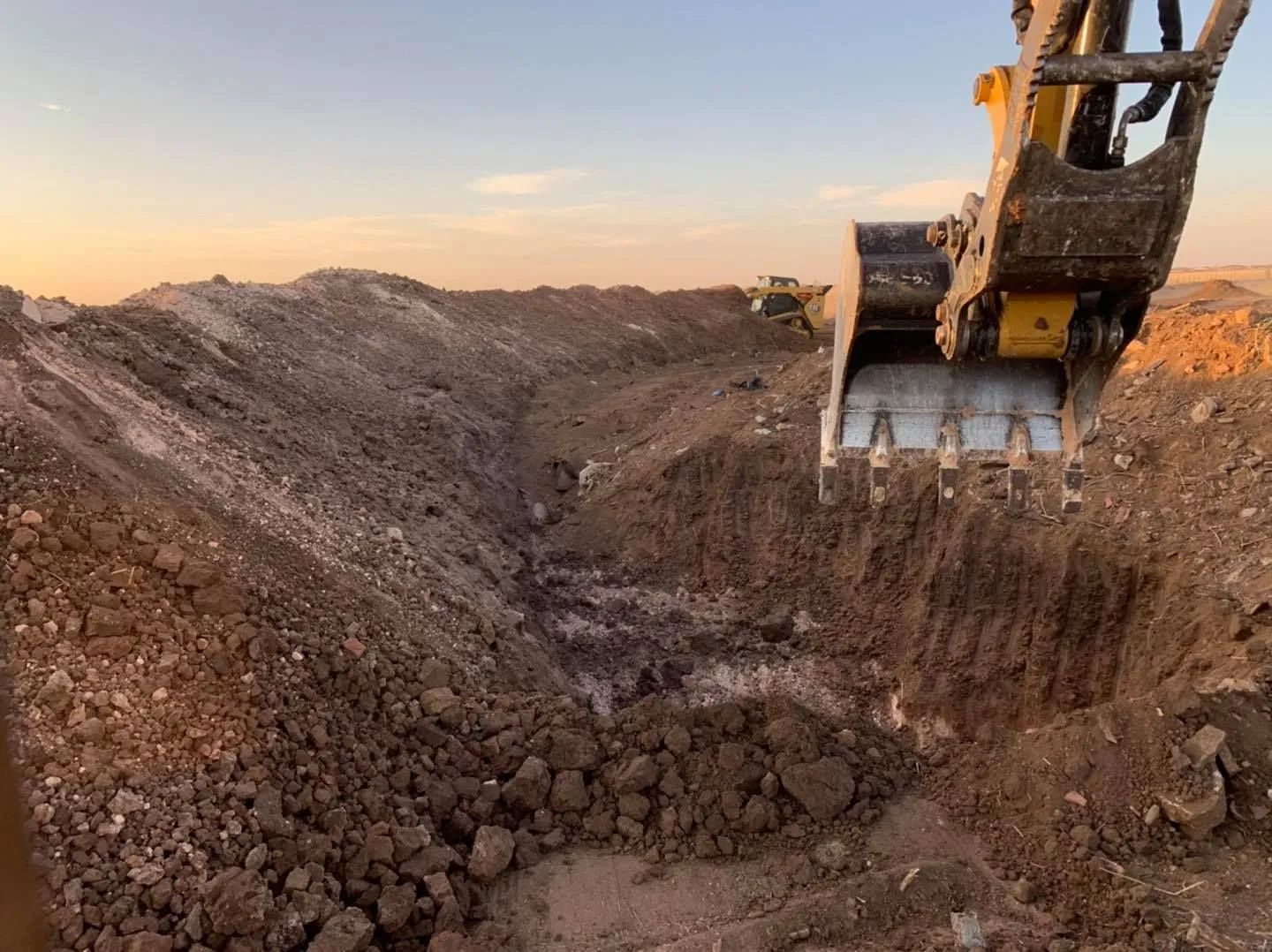Essential Tips for Successful Excavation Work
Excavation is one of the most critical phases in any construction or land development project. Whether you’re prepping a site for a foundation, installing a drainage system, or clearing land for a road, proper excavation sets the tone for long-term stability and safety. But it’s not as simple as digging a hole — successful excavation requires experience, planning, the right equipment, and a deep understanding of soil conditions and site requirements.
A well-executed excavation lays the groundwork for everything that follows, making it a cornerstone of a safe and durable build. Mistakes in this phase can lead to unstable foundations, delayed timelines, or costly rework. From understanding local regulations to choosing the right machinery and maintaining safety standards, every step matters. With the right approach and expert insight, you can ensure your excavation project starts strong and finishes even stronger. Here are some essential tips to guide you through the process.
1. Start with a Detailed Site Evaluation
Before any equipment hits the ground, conduct a thorough site evaluation. This includes surveying the land, identifying underground utilities, and understanding the soil composition. Poor planning at this stage can lead to costly setbacks, such as unexpected groundwater or unstable soil.
2. Obtain the Necessary Permits
Excavation projects often require permits depending on your location and project type. Always check with local authorities before starting work. Not only will this keep your project compliant with regulations, but it also helps avoid potential fines or project delays.
3. Choose the Right Equipment
The efficiency and success of an excavation job often depend on using the appropriate machinery. From backhoes to bulldozers and compact excavators, each piece of equipment serves a specific purpose. Selecting the right tool for the job ensures safety, speed, and cost-effectiveness.
4. Prioritize Safety Measures
Excavation sites can pose serious safety risks, including cave-ins, falling debris, and equipment accidents. Implementing OSHA guidelines, using proper safety gear, and securing trenches with supports or shoring systems can significantly reduce hazards on-site.
5. Monitor Weather and Soil Conditions
Heavy rain, freezing temperatures, or high winds can quickly turn an excavation site into a danger zone. Monitoring weather forecasts and adjusting the project timeline accordingly helps prevent complications like flooding or soil erosion.
6. Ensure Proper Drainage and Grading
Poor drainage can lead to water damage, structural issues, or soil displacement after excavation. Make sure the site is graded correctly and install necessary drainage systems to keep water away from future structures.
7. Hire Experienced Professionals
Ultimately, the most successful excavation projects are led by seasoned professionals who know how to adapt to real-world challenges. Skilled operators bring efficiency, precision, and insight that can't be matched by inexperience or guesswork.
Trust the Experts Who Know the Land
When it comes to excavation, there’s no substitute for knowledge, preparation, and skilled execution. At Coles Custom Dirt Work, we bring over 10 years of experience in handling excavation projects across Amarillo, Canyon, and Borger, Texas. As a trusted excavating contractor, we’re committed to providing safe, precise, and cost-effective dirt work for residential, commercial, and industrial clients. From site prep to trenching and grading, we do it right — the first time. Let us help you build your project on solid ground. Reach out today to get started.

